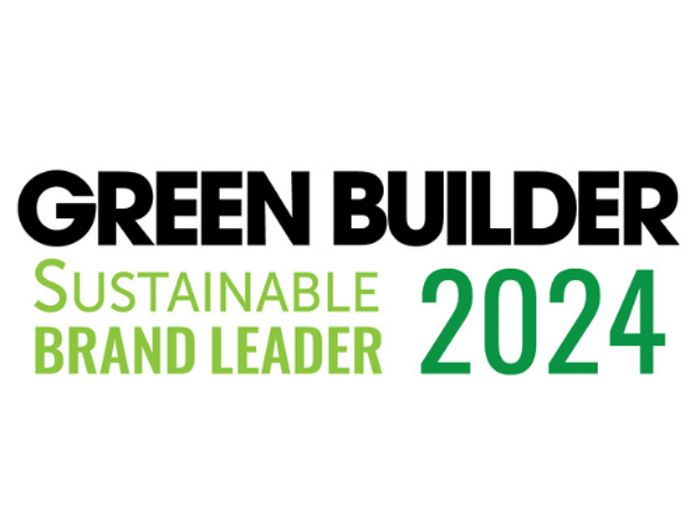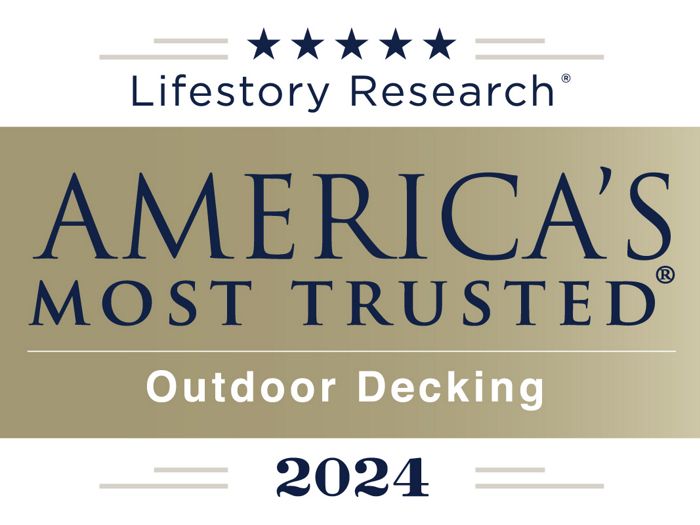Seeing More Value in Sustainability
Trex was founded on the premise that ingenuity can help us extract value from what was once seen as waste. Today we are the largest manufacturer of high-performance, low-maintenance, eco-friendly outdoor living products and the world’s No.1 brand of timber-alternative decking.
With a commitment to making our decking from reclaimed and recycled materials since our inception, we’re seeing more value in sustainability as we continue to build a better tomorrow with our customers.



































